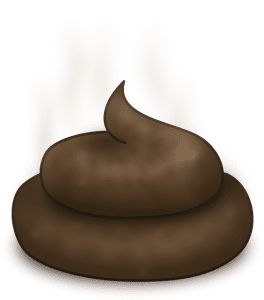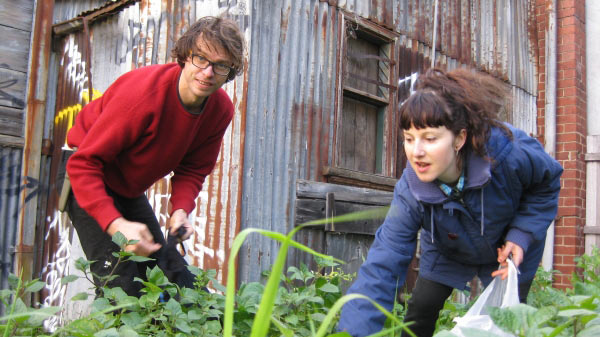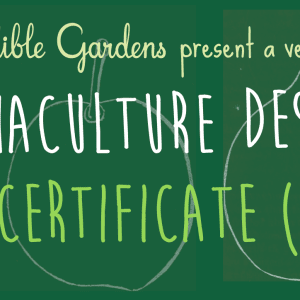Dogs do it, we all do it! If you have a canine companion you will know that along with the cuddles and strolls in the park comes a responsibility for, well, poo.
 This is a tricky topic because most of us want to do the right thing with our dog’s doo, but most of us don’t know where to begin.
This is a tricky topic because most of us want to do the right thing with our dog’s doo, but most of us don’t know where to begin.
So, what about putting it into the bin? Well this might get rid of the problem, but only gets rid of it to somewhere else. Dog poo in a plastic bag will take as long to break down as the plastic takes, and produce climate-change-amplifying methane gases.
What about burying it in the garden? This is a problem too in most backyards as you soon run out room for fresh burials. Too much in the one spot will kill grass and trees.
Enter the worm farms. Worm farms can be great for kitchen waste (if you have a nice cool spot for the farm) and dog poo is certainly no different. A worm farm is also environmentally friendly, cheap, efficient and a reliable way to dispose of poo – and if you have a shaggy dog it can also take care of that extra dog hair.
Worm farms can dispose of your dog’s poo without the need for chemicals and products.
All you need is a separate worm farm set up for your dog poo, some worms and of course some doggy doo and you are on your way to converting mess into great compost for your garden. We recommend using the compost from your dog poo worm farm on ornamental plants, not edible ones. We’ve also been told that you should feed your dedicated dog poo worms only the dog poo, no other delicious kitchen scraps allowed or they won’t touch the poo (it’s a tough life but someone has to do it!).
Now dog doo is rich! And your worms like a more balanced diet. One of the best balancing foods is wet, unbleached cardboard. This will keep your worms healthier and you’ll end up with a much better compost. Make sure there’s always some there for them to eat.
If you throw in heaps of dog poo without a high carbon balancing ingredient like cardboard, and there’s not enough air flow, you worms can get poisoned from the escaping ammonia, so don’t overdo it.
Now one word of caution: if your dog has parasitic intestinal worms (no relation), be sure not to handle the resulting compost. Indeed, assume this to be the case and don’t handle it with bare hands ever! This is true even if it looks like perfectly beautiful finished compost. For this reason, do not use the compost on veggie gardens. If you’re in the tropics, where hookworm is more of a concern, don’t use the compost anywhere less than 1.5m from paths where you might walk in bare feet, or places where you might lie on some grass.
We used to warn that if you have wormed your pet, do not put the dog poo in a worm farm for a several days. However some informal research by Kookaburra Worm Farms suggests not to worry, at least if the medication is ivermectin or praziquantel.
We have successfully used shop-purchased black plastic worm farms to deal with doggy doo doo, although in summer you must keep them either in a cool garage or well-watered with piece of hessian, as worms in black plastic do not survive direct sunlight. More info on these is available on our worm farm page.



